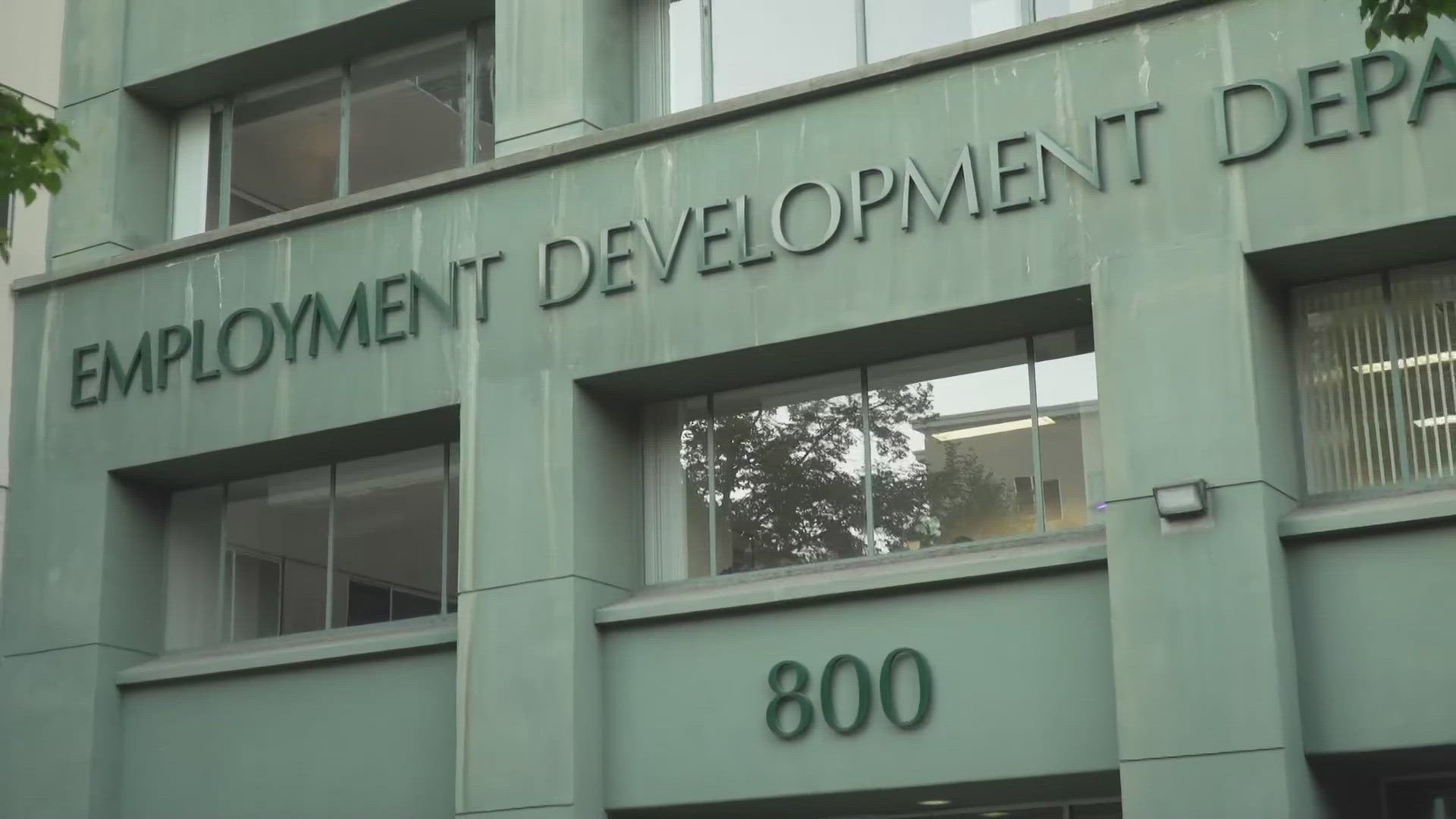SACRAMENTO, Calif. — Leaders with the Sacramento Housing and Redevelopment Agency (SHRA) are sounding the alarm about the need for more Housing Choice Voucher (HCV) Program funding as rent increases in the city.
SHRA voucher program director MaryLiz Paulson told city officials the U.S. Housing and Urban Development (HUD) Department allowed them to continue issuing vouchers until recently.
She says HUD officials told them not enough funding would be available to keep current families housed if they continue adding new families to the program.
"Our goal, really, is to provide assistance to those families that currently have [vouchers] who now have stabilized housing," Paulson said at a recent Sacramento Housing Authority meeting. "So we were looking at what we could do so we can continue to work and live within our budget."
What is the Housing Choice Voucher Program?
According to the SHRA, the program — formerly known as Section 8 — helps low-income individuals and families afford housing in the private rental market. The program in both the city of Sacramento and Sacramento County is operated by SHRA, who acts as the county's housing authority.
Money for the HCV Program comes from HUD. The cost of the HCV Program in Sacramento is currently close to $16 million per month.
Reducing housing assistance payments
Paulson says there are ways they can reduce the cost of the HCV Program in Sacramento, including a return to pre-COVID policies.
Starting April 1, SHRA stopped issuing vouchers and accepting referrals for vouchers, with few exceptions. Families with vouchers are now being told of new deadlines and expiration dates, as opposed to granting multiple extensions in the wake of the pandemic.
"When families are moving, they have 120 days initially to lease up, then they can ask for an extension and we give extensions in increments of 60 days," she said. "Now when families ask for an extension, we are letting them know now that they are getting a last and final extension."
The presentation came as a shock to Sacramento city councilmembers like Lisa Kaplan.
"This presentation should have been in the report because the community and those who have vouchers should have the opportunity to see that. I should be able to see that and do more research," Kaplan told Paulson. "That transparency is really important."
Voucher recipient Pamela Ward told ABC10 she's grateful for the program and has been participating since 2009, but she's recently had trouble trying to move into a new unit.
Though she hasn't had a problem in the past paying for whatever her voucher couldn't cover, Ward says the SHRA isn't allowing her to cover the difference for a new home in Oak Park.
"They've been so backed up at SHRA," Ward said. "It would be a struggle without the voucher program, no doubt."
Berkeley Property Owners Association Executive Director Krista Gulbransen says administrative delays in the housing voucher program make it difficult for tenants and property owners to work together.
"The person that really loses out in this triangle — which is the housing authority, rental housing provider and tenant — is the tenant," Gulbransen said. "Because the tenant has no control over the bureaucratic red tape, neither does the property owner."
Vice Mayor Caity Maple says learning the voucher program is being limited was a punch in the gut for her and the community members she represents.
She says she's spoken with landlords to get them into the voucher program, but many also raise the issue of delays and funding.
"I hope all of us can maybe put some pressure on our federal partners to make sure this continues forward into the next year and gets the funding that it needs that really matches up with the rents," Maple said.
SHRA representatives did not return our request for comment.
WATCH MORE: California to make $3.3 billion available for mental health, substance use treatment centers



















